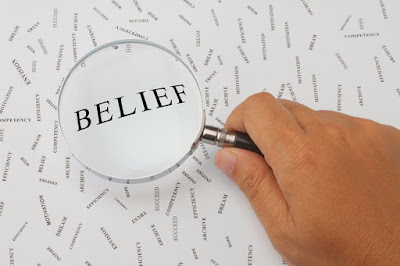Yes, the truth is out!. All of those silly questionnaires you are made to fill out when you apply for a job to see if you are psychologically suitable are rubbish. There is no truth or relevancy in them. They are just made up. Measuring nothing is their purpose. People are now in jobs requiring skills that they do not have - they should be doing something else.
Tests from three psychology journals show that measures for skills, memory, personality, learning and relationships were very weak indeed. There was no consistency with the real world. Manipulation of data wasn't the problem: claims and statements were made by writers when there was no foundational proof for them. It seems that hearsay, myth, misconception and blatant lying are features of academic articles on psychology. Didn't we suspect this all along? Of course we did!
A top psychologist withdrew 50 academic papers because they had false conclusions. Research on ESP was found to have no data showing proof. Misrepresentation seems to be the cultural norm among psychologists. This is a bad state of affairs. Academics are supposed to be critically aloof with their findings, suggestions being used to instructively guide the community.
◆ Psychology by Ty Buchanan ◆
●







